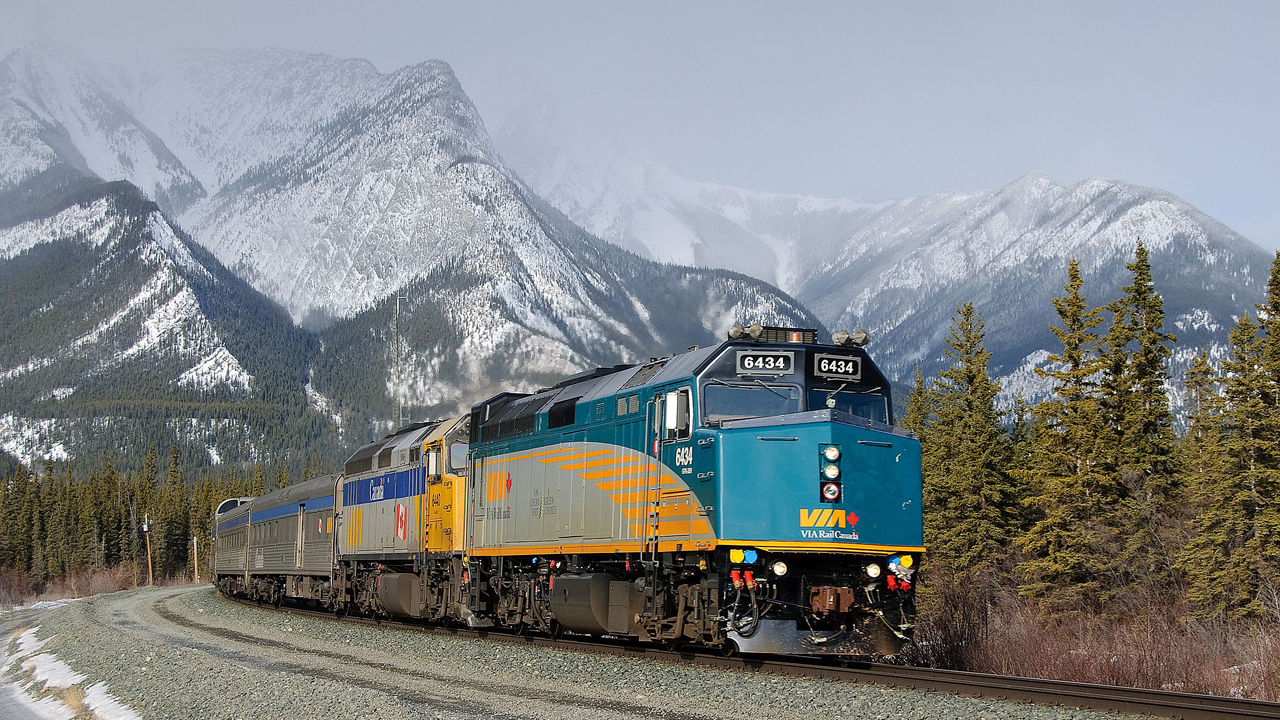It would make more sense to set up a new company to build, own, and operate the new railway, and let VIA use it.
I'm not so sure. There is the issue of duplication of the entire corporate functions - law, finance, regulatory relations, reservations and ticketing. There is a need for shared use of the TMC and MMC, not to mention Toronto Union and Montreal Central stations.
Both systems need interfaces with the host railways for the trackage that they will not be owning. Will the terms of their commercial agreements with CP and CN allow them to share information with each other? Today, all of VIA can know the details of all service agreements. In the future, the two organizations could be played against each other.
Similarly, where today there is one VIA integrated safety system, with interface with Transport Canada, in the future there will be two. The potential for disjointed right hand/left hand communications is considerable.
If this is simply about keeping the books straight -a single competent finance unit can accomplish both under one roof. While people have disagreed how the accounting should work, today's VIA manages to track all costs competently and allocate them according to some model.
Assuming that VIA Long Distance becomes a tenant in Toronto and Montreal, there will need to be cost accounting and cost sharing arrangements between the two entities anyways.
I can understand why marketing might need two separate offices, as product offerings and pricings will differ. Similarly, Operations might need some specialisation...as would the fleet managers.
There are likely places where VIA's organization is already divided into "Corridor" and "Long Distance" teams..... but the split just creates duplication.
I suspect I am shouting at clouds, because a) the decision appears to be final and b) it is likely necessary because the P3 for the Corridor would become harder to sell if the proponent had to run the long distance business as well. But.... I don't think it's fair to characterise this change as simpler or better. It may just have to be as part of the exercise to deliver a HFR P3.
- Paul





